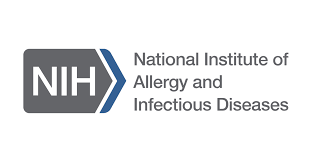R25 Program
Funding support is provided by the National Institute for Allergy and Infectious Diseases (NIH Grant Number: R25AI164581).
The NIAID-funded R25AI164581-01 (R25) Big Data Health Science Fellow Program is designed to provide salary support for USC health science junior faculty to participate in a training program that will equip them with the tools to apply innovative Big Data Science research in NIAID focus areas of infectious diseases such as HIV/AIDS and COVID-19.
Program Overview
The University of South Carolina Big Data Health Science Center is requesting applications from USC health science junior faculty for a 1-year fellowship with 25% salary support to be matched with a mentoring team and receive curriculum-based professional development training for research in the area of Big Data in infectious disease. Each fellow will also participate in a funded Big Data research project, receive support for participation in a grant writing bootcamp, and receive support in NIH grant preparation and submission.
The program will provide courses for competency and skills development in BDS research. Each fellow will complete 2 formal or informal courses (one per semester) in BDS areas that are appropriate for their background and research interests. The program will also engage fellows in hands-on research and proposal development. Fellows will participate in ongoing NIH-funded Big Data research projects that utilize existing large data sources (e.g., NIH COVID-19 Cohort Collaborative [N3C] Data, SC statewide HIV and COVID-19 data and VA system-wide HIV and COVID-19 data).
Fellows will receive rich mentoring experience in BDS research and professional development. Each fellow will be mentored by a team of NIAID-funded investigators who have complementary knowledge and skills from multiple domains (clinical medicine, public health, biostatistics, computing, geospatial science, social media, etc.,) and will engage in contextual mentoring and peer-to-peer mentoring.
Eligibility
The program will recruit at least 4 USC health science junior faculty per year and provide them with salary support (25%) to participate in the training program. You are eligible to join the R25 program as a fellow if you meet the following criteria:
- Full-time assistant professor (on any track) within the first 8 years of her/his faculty appointment
- Express interest in pursuing independent research in the area of Big Data in infectious disease
- Receive an agreement from your home department/school for 25% time release of your teaching or clinical service for one year
- Have not received an extramural grant (except R03 or its equivalent) from NIH or other federal agencies
- Commit to a one-year formal engagement in the R25 program
- Commit to submitting a competitive grant application to NIAID or other appropriate funding mechanism by the end of the R25 training period
- Commit to submitting a publishable manuscript in the area of Big Data infectious disease research by the end of the R25 training period
- Are a U.S. citizen or permanent resident (unless strongly justified on the basis of exceptional relevance to NIH).
Program Expectations
Upon the accomplishment of the proposed training, each fellow will be expected to:
- Participate in required curriculum-based training
- Participate in required professional development training (including grant writing)
- Participate in required training in responsible conduct of research
- Obtain hands-on mentored research experience on an NIAID-funded project
- Develop at least one Big Data-related manuscript on HIV or COVID-19 related topics
- Submit one grant application to NIAID or other appropriate funding source
Program Benefits and Support
The program will provide the following support to fellows during the training year:
- 25% salary support for one year
- Support for participation in grant writing boot camp
- Matched with a mentoring team
- Participation in a funded Big Data research project
- Support in NIH grant preparation and submission
- Support for professional development and data acquisition
Individualized Mentoring Plan (“Learning Contract”)
Once a mentor(s) is/are matched to a fellow, the fellow and mentor(s) will develop an individual development plan through a structured educational learning contract, which will in turn be reviewed and approved by the program directors (PDs). The digitized contract will document:
- Goals and outcomes of the mentorship
- Specific roles and expectations of each party
- Anticipated numbers and types (face-to-face/email) of meetings
- Plans and objectives for submission of a manuscript and extramural grant application
- Any additional logistics for the one-year formal mentoring relationship, including joint attendance at the research workshops and other training activities.
As mentors and fellows work together, they will regularly review and revise their learning contract to ensure that all goals are met and any mutually agreed upon changes are documented. These contracts are expected to be unique for each fellow, depending on previous professional and research experience. As part of the learning contract, short-term outcome data, such as presentations, didactics/conferences, as well as continued real-time monitoring of their scholarship activities (grant proposals, abstracts, and publications) will be monitored. This formative evaluation process will provide real-time feedback from the fellows to their mentors and the PDs (program directors). Based on this feedback, an educational prescription may be developed by the mentor and PDs for a fellow who will focus on strengthening their expertise in specific theoretical, methodological, and logistical areas related to Big Data infectious disease research. Fellows will also be asked to assess their overall program experience at the end of the program, including views and experiences, process issues, and program content.
Screening and Selection
The selection of fellows will be done by a Selection Committee led by Dr. Bankole Olatosi. When the Selection Committee receives the application packages, members of the committee will each conduct an initial assessment of the applications and provide numerical rankings (1 to 5, with 5 being the highest) along 4 dimensions:
- Relevance of past training and research experience and personal interest to the mission of NIAID
- Responsiveness to infectious disease and Big Data
- Potential to make a significant contribution to the field of infectious disease research
- Potential to generate external research funding.
The Selection Committee will meet by teleconference and discuss the candidates, potentially modifying their rankings. Preference will be given to those who are not currently participating in another research mentoring program and have prior or current experience developing a grant proposal for external federal funding. The Selection Committee will rank the applications based on the scores and select at least 4 finalists (and 2 to 4 runners-up) and start the process of two-way matching between potential fellows and prospective mentors.
Application Information
Note: Please Download the full RFA Below
If you’re interested in applying, please submit an application package with the following documents (as a single PDF file):
- A letter describing your research interests and career objectives
- An up-to-date curriculum vitae, with names and contact information of 3 professional references
- A concept paper (max 3 pages) that outlines your proposed research. This concept paper can come from an unfunded grant proposal by you or can be a new idea that you plan to pursue. It should include:
- Title of the research
- Background and significance of the research
- Main objectives of the research
- Proposed research methods
- Public health or clinical implications of anticipated findings
- Plan for securing extramural funding.
- A letter from the home school/department confirming the 25%-time release for you to participate in the R25 program as a fellow/trainee (with 25% salary & fringe support from the R25 program)
The application should be submitted via email to Ms. Miranda Cole (mc95@mailbox.sc.edu) by March 14, 2024. No applications submitted late will be considered unless a prior approval by the Program Director. For questions related to various aspects of the Big Data Fellow program, please contact any of the following individuals:
Xiaoming Li, Ph.D., xiaoming@mailbox.sc.edu
Jiajia Zhang, Ph.D., jzhang@mailbox.sc.edu
Bankole Olatosi, Ph.D., Olatosi@mailbox.sc.edu
Miranda Nixon, MA, mc95@mailbox.sc.edu
Full RFA Available Here
R25 Fellows
R25 Executive Committee

Xiaoming Li, Ph.D
Program Director, Professor and Endowed Chair, Health Promotion, Education and Behavior, Arnold School of Public Health

Jiajia Zhang, Ph.D
Program Co-Director, Professor and Division Director, Biostatistics and Epidemiology, Arnold School of Public Health
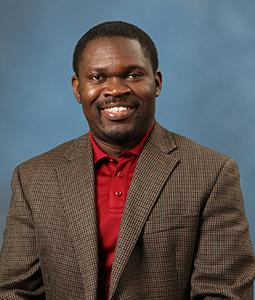
Bankole Olatosi, Ph.D
Chair of Selection Committee, Assistant Professor and MHA Program Director, Health Service, Policy and Management, Arnold School of Public Health

Elizabeth Regan, Ph.D
Chair, Associate Professor, Integrated Information Technology, College of Engineering and Computing
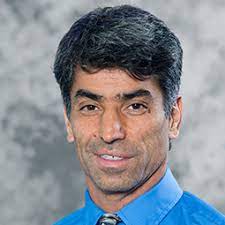
Homayoun Valafar, Ph.D
Chair, Professor and Associate Chair of Research, Computer Science & Engineering; Biomedical Engineering, College of Engineering and Computing
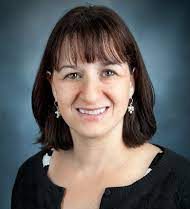
Sharon Weissman, MD
Chair, Clinical Professor of Internal Medicine, School of Medicine Columbia
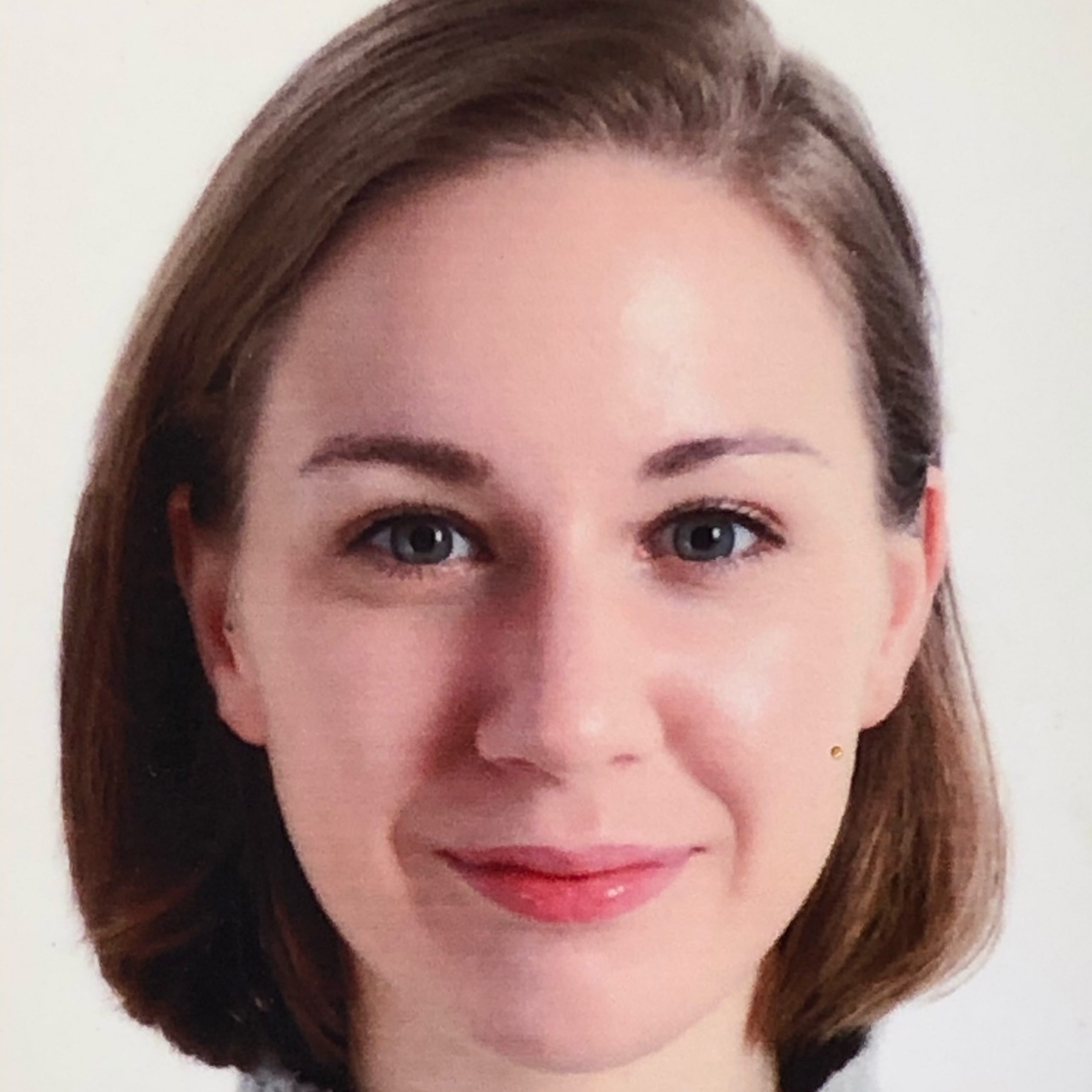
Miranda Nixon, MA
Program Coordinator, Big Data Health Science Center, UofSC
A Special Thanks to Our Funder
The BDHSC would like to thank the National Institute for Allergy and Infectious Diseases for making this program possible through their R25AI164581 grant award.


